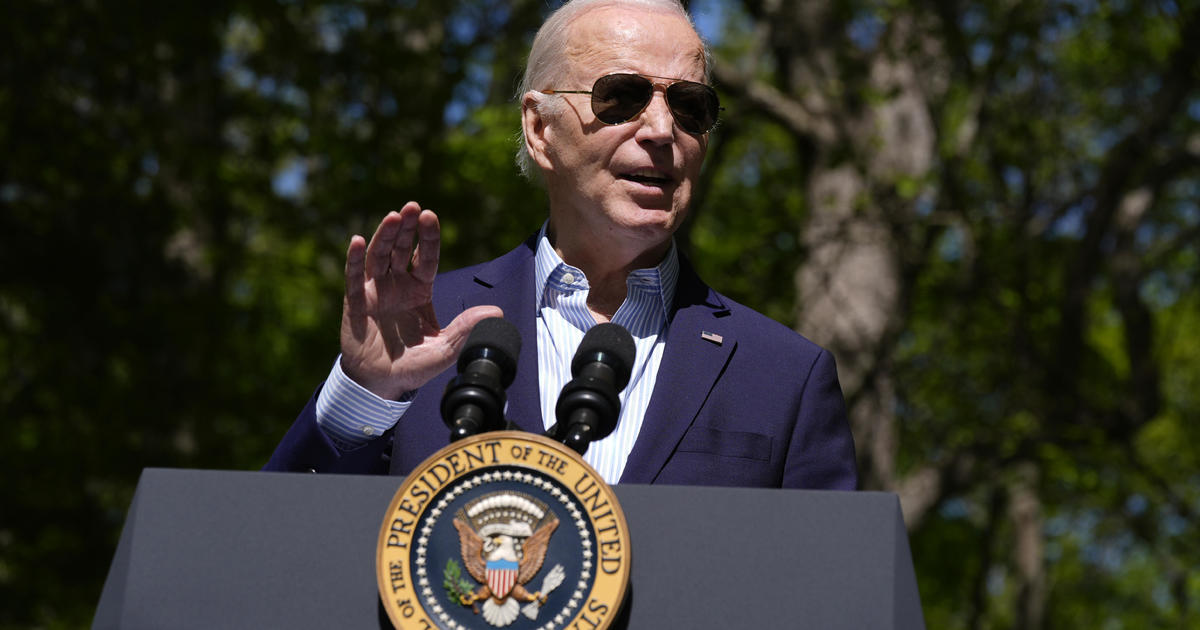Russian invasion will have "enormous economic repercussions," says Treasury Secretary Janet Yellen
Russia's invasion of Ukraine will have "enormous economic repercussions in Ukraine and beyond," Treasury Secretary Janet Yellen told lawmakers Wednesday. People around the world are seeing rising prices on energy, food and other commodities.
During a hearing before the House Financial Services Committee, Yellen said the invasion has disrupted the flow of food to millions of people around the world and caused prices to spike. Yellen also acknowledged the sanctions placed on Russia are driving up the price of energy.
"We think it's a price important to pay to punish Russia for what it's doing in Ukraine, but energy prices are going up," Yellen said. "The price of wheat and corn that Russia and Ukraine produce are going up and metals that play an important industrial role – nickel, titanium, palladium – that goes into catalytic converters – the costs of those things are going up."
On Wednesday, the United States and allies continued to ramp up sanctions on Russia, including imposing increased sanctions on Russia's largest financial institution and largest privately owned bank.
Together, Russia and Ukraine amount to nearly a third of the world's wheat exports. Russia is also one of the largest exporters of energy.
"The invasion of Ukraine has also underscored the need for sustainable, affordable, clean and secure energy for economic growth and security for the United States as well as governments that partner with the [International Financial Institutions]," Yellen said.
Last month, the U.S. banned Russian oil and gas imports. While the ban happened in consultation with other nations, President Biden acknowledged that some allies in Europe might not be in a position to join the U.S. in the move.
Yellen was pressed multiple times by lawmakers Wednesday about whether the United States should go further in its actions against Russia. She warned the U.S. needs to be careful not to take a unilateral approach to the country as allies have been critical in the success of actions taken against the country thus far.
Yellen said she believes sanctions as well as export restrictions have deprived Russia of the "war chest" they were counting on.
"I do believe the sanctions are having a devastating effect on Russia," Yellen said. "Russia has become almost completely isolated from the international financial system."
Deutsche Bank revised down its forecast for global growth Tuesday, noting two shocks in recent months – the war in Ukraine and elevated inflation in the U.S. and Europe.
"We are now projecting a recession in the US and a growth recession in the euro area within the next two years," their report said. It forecast the U.S. economy to be in outright recession by late next year.
Speaking at an event hosted by the Christian Science Monitor on Wednesday, National Economic Council Director Brian Deese was asked about preparations for a recession amid the new forecast by Deutsche Bank and Yellen's remarks. He argued the U.S. economy has been resilient through a number of shocks.
"There's no question that the war in Ukraine is a profound global supply shock," Deese said. "I think the real issue is how well positioned is the United States to navigate through that. I think the answer to that is uniquely well."



